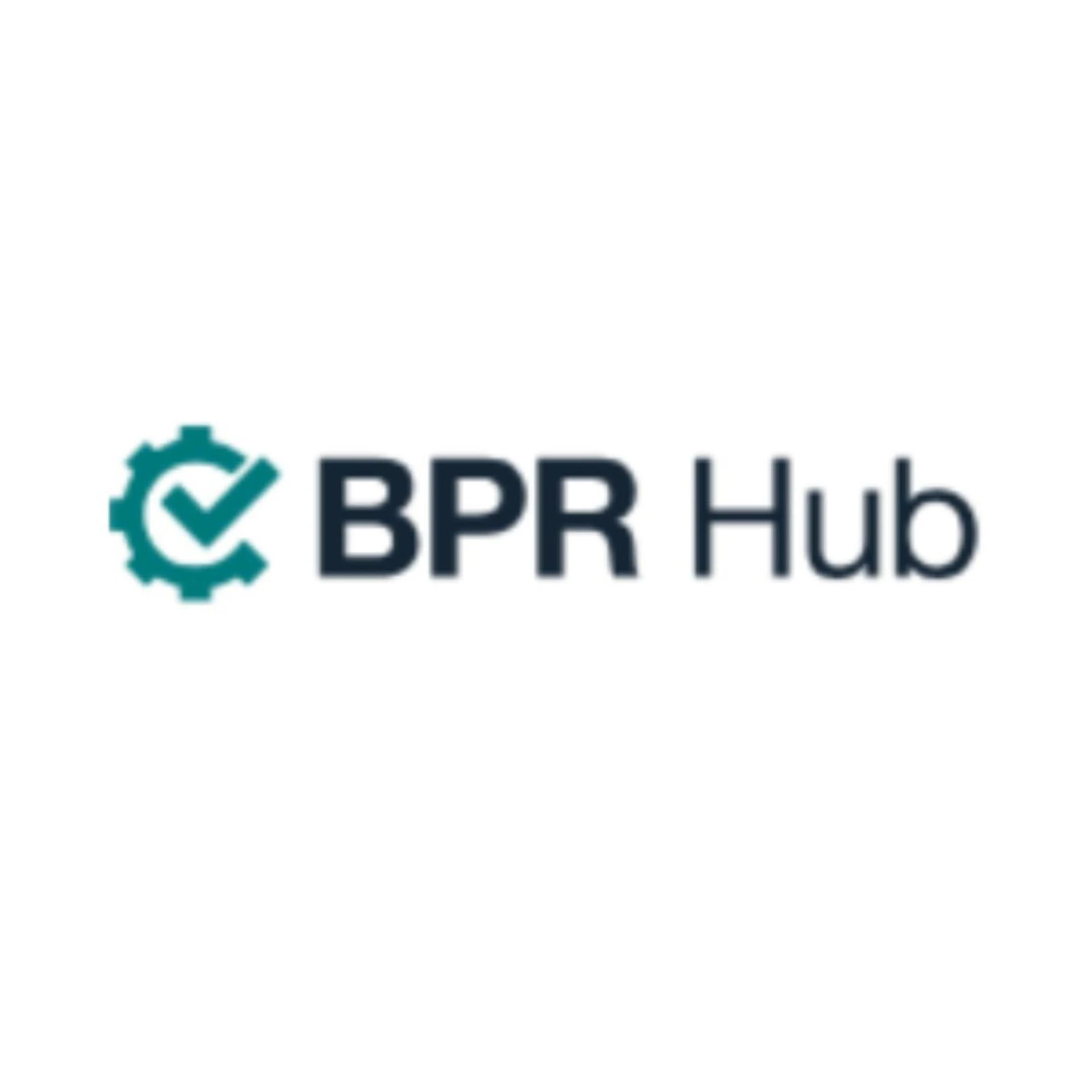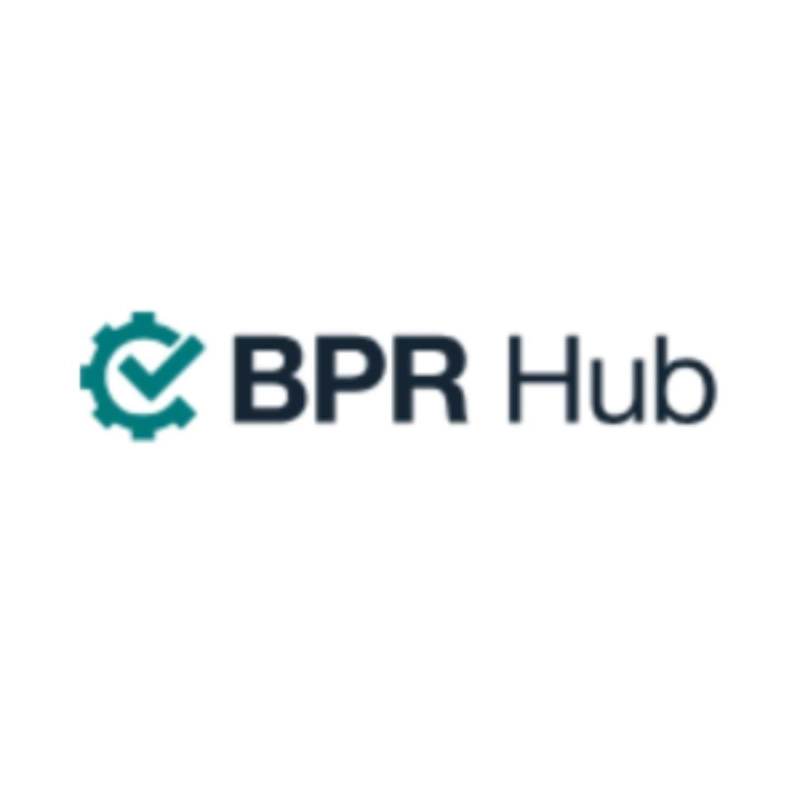For modern businesses navigating a maze of legal obligations, industry standards, and internal governance, Compliance Modules have become a cornerstone of operational integrity. These digital systems simplify the way organizations manage compliance by turning scattered, manual processes into streamlined, automated workflows. As compliance challenges grow more complex, adopting robust modules is not just smart—it’s essential.
The Evolving Compliance Landscape
The business world is constantly evolving under the influence of changing laws, global standards, cybersecurity demands, and increasing public scrutiny. From data protection laws like GDPR to safety regulations like ISO 45001, every industry faces unique compliance burdens. Unfortunately, many companies still rely on spreadsheets, emails, and manual audits to manage these tasks—methods that are slow, error-prone, and hard to scale.
This is where compliance modules offer game-changing advantages. By automating and centralizing compliance management, they reduce human error, increase accountability, and allow teams to focus on core business functions rather than chasing checklists.
Core Capabilities of Compliance Modules
A good compliance module is designed to be your all-in-one solution for tracking, managing, and reporting compliance efforts. These systems typically offer:
- Real-Time Dashboards: For an instant overview of compliance status across locations, departments, and functions.
- Workflow Automation: Assign tasks, schedule follow-ups, and ensure nothing slips through the cracks.
- Version Control & Documentation: Maintain secure, auditable records of all compliance documents and policy updates.
- Role-Based Access: Ensure only the right people access sensitive compliance data.
- Audit Readiness: Instantly generate reports and logs that support internal reviews and external audits.
With these features, compliance modules replace the chaos of manual tracking with a structured, proactive approach to meeting legal and regulatory obligations.
Advantages You Can’t Ignore
- Reduced Risk of Non-Compliance
- Automation ensures deadlines are met and requirements are tracked consistently, which reduces the chance of costly violations or fines.
- Increased Efficiency
- By eliminating repetitive manual processes, your compliance team can focus on high-value tasks like strategy and risk mitigation.
- Scalable and Adaptable
- Whether you’re a startup expanding into new markets or an enterprise managing global operations, compliance modules scale with your business needs.
- Improved Transparency
- Stakeholders get clear visibility into the status of compliance efforts, which builds internal trust and external confidence.
- Better Collaboration Across Teams
- With centralized systems and clear task delegation, cross-functional teams can work together more effectively.
Industry-Wide Use Cases
Compliance modules are not one-size-fits-all—they're highly adaptable. Here’s how different industries leverage them:
- Pharma and Healthcare: Monitor clinical trial protocols, patient safety standards, and medical device regulations.
- Banking and Finance: Track anti-money laundering policies, KYC norms, and reporting requirements under financial laws.
- Energy and Utilities: Ensure environmental regulations, workplace safety compliance, and license renewals are consistently met.
- Tech and SaaS Companies: Maintain cybersecurity standards, data privacy obligations, and software licensing controls.
In each case, the ability to automate, track, and document compliance activities enhances the organization's ability to respond quickly to audits or changes in law.
The Digital Future of Compliance
As businesses embrace digital transformation, compliance is evolving from a passive, reactive function into a strategic, forward-looking discipline. Modern compliance modules now incorporate artificial intelligence, analytics, and machine learning. These technologies allow businesses to identify patterns, anticipate potential risks, and receive predictive alerts before an issue arises.
Moreover, integration with enterprise software like HRM systems, CRMs, and ERP platforms ensures compliance is embedded into everyday business operations—not tacked on as an afterthought.
Choosing the Right Compliance Module
When selecting a compliance module, organizations should consider:
- Customization Options: Does it support your specific regulatory environment?
- Ease of Use: Is the user interface intuitive for non-technical staff?
- Scalability: Will it grow with your business as regulations evolve?
- Support & Training: Does the provider offer onboarding, updates, and technical help?
- Reporting Capabilities: Can you quickly generate reports for internal or external use?
It’s also important to involve your compliance officers, IT department, and operational leaders in the decision-making process to ensure seamless implementation.
Final Thoughts
In a world where non-compliance can cost millions, harm reputations, and even endanger lives, organizations can no longer afford to manage regulatory requirements manually. Compliance Modules provide a smarter, safer, and more scalable way to meet these demands head-on. With their ability to automate complex processes, track evolving obligations, and empower teams with real-time insights, these modules are reshaping how businesses approach compliance.
Investing in the right compliance module today could be the key to staying ahead of tomorrow’s regulatory curve.


